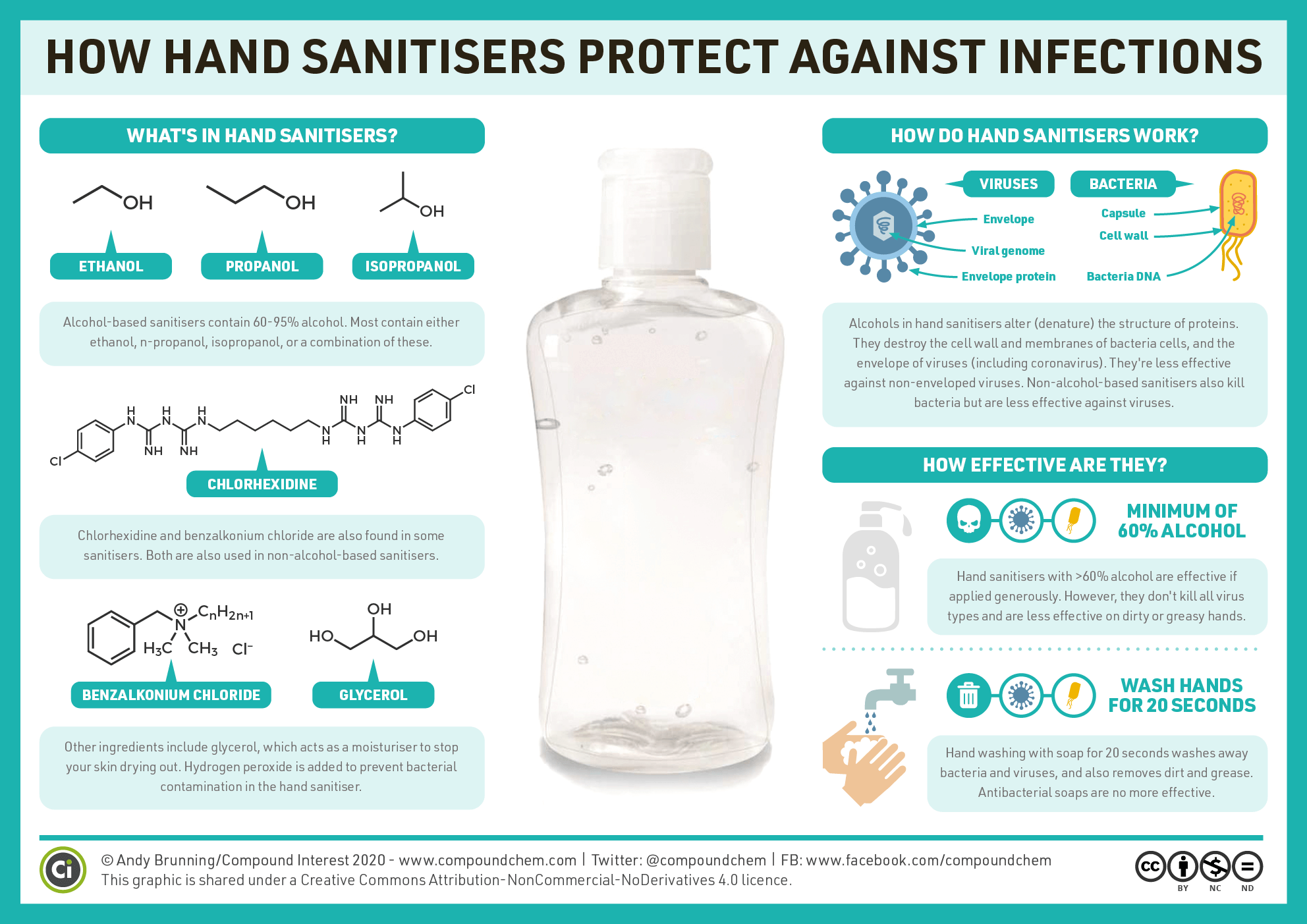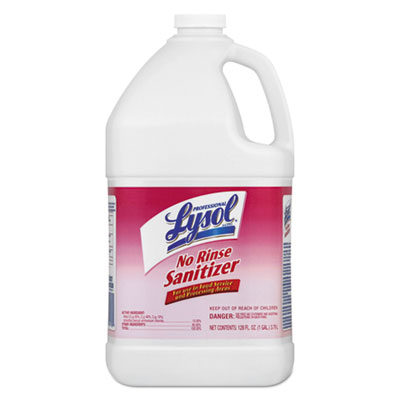The coronavirus pandemic has now spread to every country in Africa, hitting a continent already reeling from the worst plague of Desert Locusts in 75 years, on-going drought, and ubiquitous infestations of Fall Army Worm, stem rust and other plant diseases that make farming challenging in more “normal” times.
A second wave of locusts, 20 times larger than the first, is now fanning out from the insects’ breeding grounds in East Africa, stripping the land bare of vegetation and threatening millions of Africans with starvation. Swarms have already been spotted as far south as Tanzania and as far West as Congo, but international efforts to contain the destruction, which were inadequate to begin with, are being further hampered by the coronavirus. Global travel restrictions are making it impossible to get urgently needed pesticides to the afflicted countries, and lockdowns have curtailed critical monitoring programs.
None of this, however, has damped down activists’ efforts to make an already bad situation even worse.
I have written previously about the ongoing campaigns of organic, “agroecology” activists to deny African farmers the use of critical agricultural technologies such as pesticides and GMOs that are used safely the world over to secure food supplies. But the activists’ anti-technology agenda isn’t confined to agriculture. Right now they are busy spreading scare stories about the chemicals in home cleaning and personal care products, including antimicrobial sanitizers.
Health authorities around the world are advising people to use hand sanitizers and wash surfaces with bleach to slow the spread of corona. Modern hospitals and clinics all over the world rely on these antimicrobial products to protect healthcare workers and patients from the disease. In America, the demand for chemical cleaning products and sanitizers is now so great that store shelves have been all but stripped bare.

Yet, in the midst of the global coronavirus pandemic, groups like the International Pollutant Elimination Network (IPEN) – dedicated to a “toxic free future” – are pressuring governments to ban key chemicals that make sanitizers safe and effective. IPEN claims these well-understood, long-used and well-tested chemicals (antimicrobial sanitizers, for instance, regulated in the U.S. by the Environmental Protection Agency), pose a health hazard.
IPEN’s campaign to ban chemicals used in antimicrobial sanitizers will likely come as a shock to many African doctors, nurses and public health authorities. Under-funded, under-supplied and under-staffed public health systems are desperately scrambling to prepare and manage this pandemic. They need all the help they can get.
Antimicrobial sanitizers -- if health systems can get them – are especially needed to help save lives in Africa where clean water is scarce. In Sub-Saharan Africa, for example, more than 319 million people don’t have access to reliable, clean sources of drinking water and as much 85% of illness are attributable to poor water and sanitation systems. In Europe, North America and other parts of the globe, washing with soap and water may be the best prescription for slowing transmissions. However, in many parts of Africa, washing with soap and possibly unsafe water only puts lives at greater risk.
IPEN isn’t alone in its anti-chemical campaign. It’s joined by international NGOs like Beyond Pesticides that actually see this dire moment as an opportunity to crank up their attacks on antimicrobial sanitizers and other chemicals used in medicines and in sanitation. Some of the chemicals Beyond Pesticides warns against include: N-alkyl Dimethyl Benzyl Ammonium Chloride, the active ingredient used in eye, ear and nose drops, mouthwashes and hand sanitizers; Hydrochloric acid, the active ingredient used in toilet bowl and other surface cleaners; and, bleach used in laundry and other cleaners and sanitizers.

These campaigns against well-tested, approved pesticidal chemicals are all part of a broader back-to-nature philosophy embodied by the growing agroecology movement, which rejects the use of modern technologies like crop protection and anti-viral chemicals regardless of the human cost. The efforts to ban chemicals used in antimicrobial sanitizers, for example, parallels the on-going campaign of agroecology NGOs like Route to Food International to ban the pesticides urgently needed to keep the locust swarms at bay and keep millions of Africans from famine.
Already over-extended health systems in Africa and health care workers – just as in many other parts of the world – face being overwhelmed. Antimicrobial sanitizers can help to slow the spread of coronavirus and are a desperately needed part of a solution -- one that most Europeans and Americans take for granted.